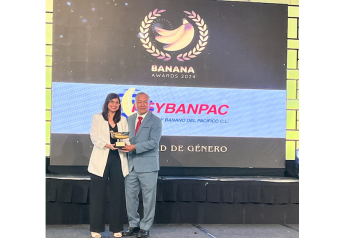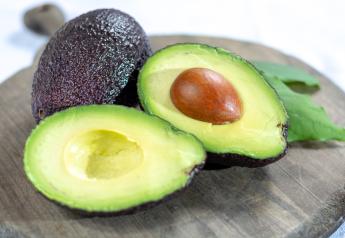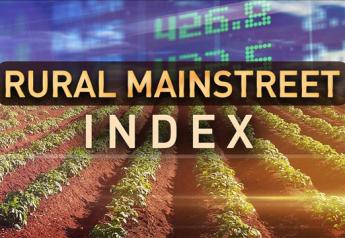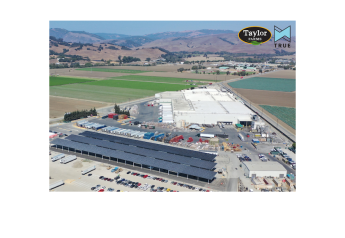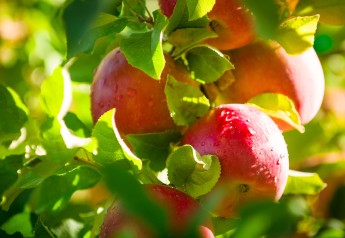The $5B opportunity in produce, alternative proteins

Last year was a record period of investment in plant-based alternatives to animal-based foods, according to new data released by The Good Food Institute in Washington, D.C..
The institute found that companies providing alternatives to meat, seafood, eggs and dairy products raised $5 billion in 2021 and almost $11.1 billion in invested capital since 2010 — 73% or $8 billion of which was raised since 2020 when the coronavirus first disrupted global markets.
“As global efforts ramp up to mitigate the climate crisis, address land and water issues, and prevent the next pandemic, the sustained interest in alternative proteins signals a growing appetite for planet-friendly investments with returns beyond the bottom line,” GFI said in a news release.
The institute says its analysis of investment activity was conducted using the PitchBook Data platform, which shows that global alternative protein companies' $5 billion in disclosed investments secured in 2021 is 60% more than the $3.1 billion raised in 2020, and five times as much as the $1 billion raised in 2019.
Within the protein alternatives industry, plant-based meat, seafood, egg and dairy companies secured the lion’s share of investments ($1.9 billion) in 2021, which is on par with the $2.1 billion raised in 2020 and almost three times the $693 million raised in 2019, according to GFI.
Bolstered by investments in major players such as Impossible Foods (with nearly $2 billion in funding to date), the plant-based meat, seafood, egg and dairy categories have raised $6.3 billion in investments since 2010, 30% of which was raised in 2021 alone, notes the institute.
GFI further points to NotCo’s $235 million Series D funding; v2food’s $110 million Series B; and Next Gen Foods’ “record-breaking” $30 million seed round, which is nearly three times the size of the next largest seed round raised by an alternative protein company, said the institute.
Other areas of protein alternatives investment in 2021, according to GFI, include cultivated meat and seafood companies, which secured $1.4 billion in investments in 2021 — "the most capital raised in any single year in the industry’s history and more than three times the $400 million raised in 2020.”
Fermentation companies devoted to alternative proteins secured $1.7 billion in investments in 2021, said GFI.
“The investor community is beginning to see the huge potential of alternative proteins to transform our food system, as well as the strong potential to meet their target returns,” GFI’s Sharyn Murray, senior investor engagement specialist, said in the release. “With more and more investors acknowledging that climate risk is investment risk, alternative proteins offer a scalable solution that gets the world closer to a more secure, carbon-neutral food system.”
While GFI acknowledges that investor confidence in alternative protein companies is driven by multiple market factors, it asserts that “the public health and environmental crises that gripped the world throughout 2020 and 2021 have illuminated the risks associated with business-as-usual portfolios and practices,” and shone a spotlight on sustainable protein alternatives.
Despite the billions in funding for alternative protein development, GFI says these investments “remain a miniscule fraction of the trillions of dollars that have been invested globally in climate technology companies as a whole. In 2021 alone, private capital in earlier-stage climate technology companies amounted to $47 billion,” the institute said in the release.
“Considering the scale of emissions reductions that would occur with a shift to alternative proteins, this is a critical moment to invest in the technologies and innovations that can move our food system to net zero, and fast,” Caroline Bushnell, GFI vice president of corporate engagement, said in the release. “Ramping up investments in sustainable alternative proteins will allow companies to fund critical [research and development], scale production and bring down costs to effectively compete with conventionally produced animal protein, and ultimately bring alternative proteins to more plates.”


